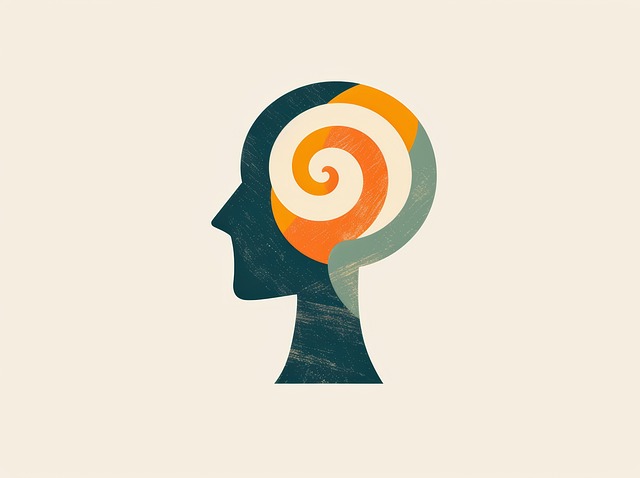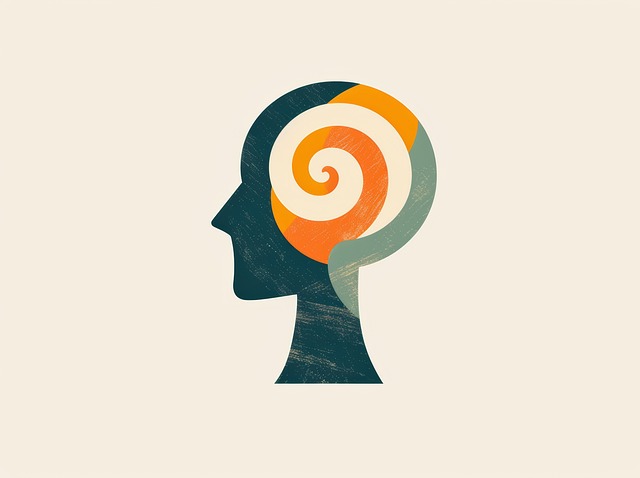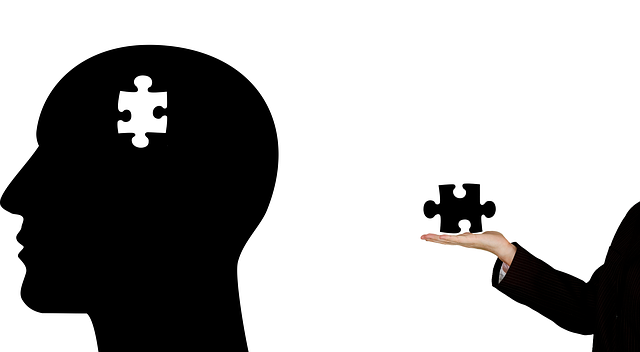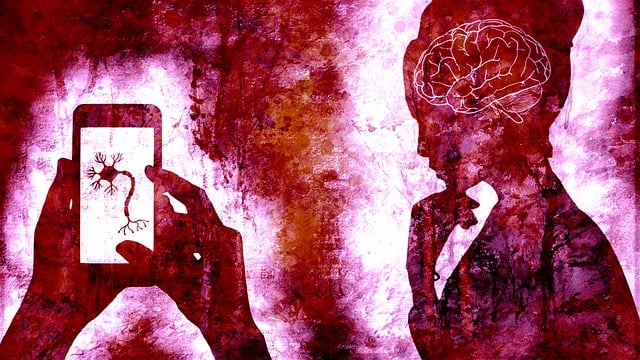Children's emotional responses to loss, grief, and bereavement require specialized therapy like Eye Movement Desensitization and Reprocessing (EMDR), which helps process traumatic memories and develop healthy coping mechanisms. EMDR combines eye movements with cognitive reprocessing to reduce anxiety and depression symptoms, teaching kids emotional regulation skills and enhancing their mental well-being, especially beneficial for non-verbal expressers. For parents dealing with child loss or critical illness, crisis intervention services and support groups offer crucial immediate assistance and tailored coping strategies.
Loss, grief, and bereavement can profoundly impact children, yet their unique coping mechanisms often require tailored support. This article explores these sensitive topics, offering insights into helping young ones navigate emotional challenges. We discuss understanding childhood grief, the transformative power of therapy, particularly using EMDR (Eye Movement Desensitization and Reprocessing), and common challenges faced by grieving children. Additionally, we provide resources for parents and caregivers seeking effective strategies to support their children through these difficult times.
- Understanding Loss, Grief, and Bereavement in Children
- The Role of Therapy in Coping with Children's Grief
- EMDR (Eye Movement Desensitization and Reprocessing) for Children
- Common Challenges in Grieving Children and How to Address Them
- Finding Support: Resources for Parents and Caregivers
Understanding Loss, Grief, and Bereavement in Children

Children experience loss, grief, and bereavement just as adults do, but their emotional responses can be unique and complex. Understanding a child’s perspective is crucial when providing therapy for children facing these challenges. Loss can stem from various sources, including the death of a loved one, separation from a primary caregiver, or a significant change in their familiar environment. Each child will process these events differently, and some may require professional support to navigate their emotions effectively.
EMDR (Eye Movement Desensitization and Reprocessing) is an evidence-based therapy that has proven effective for children experiencing trauma and loss. It utilises specific techniques to promote emotional well-being promotion and coping skills development. Through EMDR, children can learn to process traumatic memories and associated feelings, ultimately helping them to heal and develop healthy coping mechanisms. Trauma support services tailored for children play a vital role in fostering resilience and supporting their overall emotional growth.
The Role of Therapy in Coping with Children's Grief

Children often experience grief and bereavement following significant losses, such as the death of a parent or close relative. Therapy plays a crucial role in helping them navigate this complex process. Through structured support, children can learn healthy coping mechanisms, process their emotions, and gradually come to terms with their loss.
EMDR (Eye Movement Desensitization and Reprocessing) is a therapy approach that has proven effective for children’s grief. This method combines guided eye movements or other bilateral stimulation techniques with cognitive reprocessing to help young individuals process traumatic memories associated with their loss. By reducing the intensity of painful emotions, EMDR facilitates stress reduction methods and mindfulness meditation, allowing children to gain perspective and find ways to honor their loved ones while building resilience for the future. Additionally, mental illness stigma reduction efforts are increasingly integrated into counseling services, ensuring that children receive compassionate, non-judgmental support tailored to their unique needs.
EMDR (Eye Movement Desensitization and Reprocessing) for Children

EMDR (Eye Movement Desensitization and Reprocessing) is a therapeutic approach that has gained recognition for its effectiveness in treating children experiencing loss, grief, and bereavement. This therapy technique helps young individuals process traumatic memories and emotions associated with their losses, offering a unique and powerful method to support their healing journey. By combining guided eye movements or other bilateral stimulation with specific memory recall, EMDR allows children to reprocess distressing events and associated beliefs, potentially reducing symptoms of anxiety and depression.
The therapy focuses on helping children resolve internal conflicts related to the loss, allowing them to develop healthy coping strategies. Through mindfulness meditation-like exercises, children can learn to stay present and manage their emotions effectively. EMDR aims to enhance their ability to regulate feelings, improve overall mental well-being, and prevent depression from setting in as they navigate through the grieving process. This approach is particularly beneficial for those who might find it challenging to express their emotions verbally, offering a non-verbal means to work through traumatic experiences.
Common Challenges in Grieving Children and How to Address Them

Children experiencing loss, grief, or bereavement often face unique challenges that can impact their overall well-being and development. Some common struggles include difficulty expressing emotions, withdrawal from activities they once enjoyed, and problems at school or with peers. They may also exhibit behavioral changes, such as aggression or extreme timidity. These issues can arise due to a child’s limited ability to process complex feelings like loss and their tendency to internalize parents’ grief.
Addressing these challenges requires specialized therapy for children, such as EMDR (Eye Movement Desensitization and Reprocessing), which has proven effective in helping young ones work through traumatic experiences. This approach combines guided eye movements with the child’s recall of the distressing event, facilitating the processing of emotions and memories associated with the loss. Additionally, focusing on self-esteem improvement and fostering positive thinking can enhance a child’s emotional regulation skills. Through therapy, children learn healthy coping mechanisms, develop resilience, and gain tools to navigate their feelings, enabling them to heal and grow in the face of adversity.
Finding Support: Resources for Parents and Caregivers

Losing a child or facing the challenges of caring for a critically ill child can be an intensely difficult and emotionally draining experience for parents and caregivers. In such moments, finding appropriate support systems is crucial. Many resources are available to offer guidance and compassion cultivation practices tailored to their unique needs. Professional therapy for children, including Eye Movement Desensitization and Reprocessing (EMDR), has proven effective in helping them process grief and trauma associated with loss.
Crisis intervention services also play a vital role in providing immediate support during emergencies or sudden losses. These interventions can boost the confidence of parents and caregivers as they navigate through turbulent times. By connecting with support groups, online forums, or counseling centers specializing in childhood bereavement, affected individuals can find solace, share experiences, and learn coping strategies to manage their grief effectively.
Loss, grief, and bereavement can profoundly impact children, making therapy an invaluable tool. As this article has explored, understanding a child’s unique experience of these emotions is key to effective support. EMDR (Eye Movement Desensitization and Reprocessing) has proven particularly beneficial in helping children process traumatic loss. By addressing common challenges, parents and caregivers can navigate this difficult journey with more confidence. Remember that seeking professional help, like therapy for children, equips them with coping mechanisms, fosters resilience, and enables a healthier emotional landscape.














